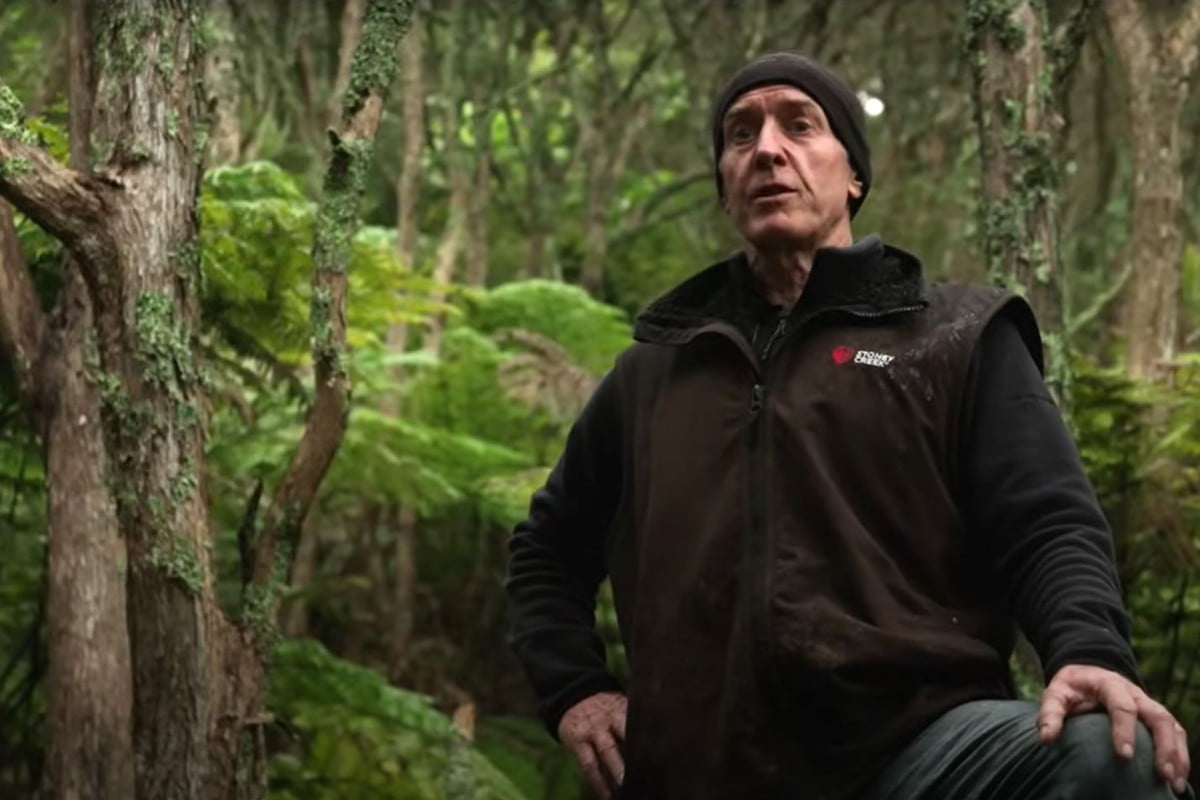Making Complex Land-Use Decisions in Sub-Saharan Africa
A decision-making framework developed by Next Generation Systems research is being used to inform agricultural development strategies in Sub-Saharan Africa, to conserve forests while also supporting a 'zero hunger' goal.
Demand for food in Sub-Saharan Africa is predicted to grow 150% by 2050. Agricultural production must increase to meet this need, but needs to do so without compromising vital ecosystem services or social equality.
Sentinel (Social and Environmental Trade-offs in African Agriculture) is an interdisciplinary research project that seeks to address the challenge of achieving ‘zero hunger’ in Sub-Saharan Africa, while at the same time reducing inequalities and conserving ecosystems.
Sentinel aims to understand the challenges, trade-offs and synergies of these development goals in its focus countries of Ethiopia, Ghana and Zambia. The project is led by the International Institute for Environment & Development and funded by the Global Challenges Research Fund of UK Research and Innovation.
The Sentinel project worked with Our Land and Water's Next Generation Systems research programme to develop its multi-criteria decision-making framework into a three-module virtual training programme, evolved through trials in Ghana and Zambia.
This training programme will enable the framework to be widely used to inform agricultural development strategies in Sub-Saharan Africa, considering complex factors such as climate change and population growth.
“With this extra tool in the box, committing to conserve Africa’s forests while also achieving zero hunger may just become possible”
In this article on the Sentinel website, Xiaoting Hou-Jones shares how the tool was inspired by the work of the Next Generation Systems programme.
“So how can Africa feed its growing population in a changing climate while also protecting its forests, which provide vital ecosystem services?” Xiaoting writes.
“Through my fieldwork, I have met many African agricultural land managers…. Each has their own preferences and priorities, and different ways of deciding how to use their land and the trees and forest on or around it.”
“Collectively the decisions they make shape Africa’s farm and forest landscape. If we can better understand what drives their decisions and incentivise and support them to manage environmental, social and economic trade-offs in these decisions, African countries will be better able to meet growing food demand while also conserving their forests.”
Inspiration from New Zealand
In early 2020, Xiaoting visited New Zealand in search of inspiration for tackling tricky land-use trade-offs. During her sabbatical, she got in touch with Professor Alan Renwick and his team at Lincoln University, who had recently developed and trialled a land-use decision-making framework based on Analytical Hierarchy Process (AHP).
“I was excited to explore how AHP could help us better understand African land managers’ decision making to better engage and support them to make more sustainable land-use choices,” writes Xiaoting. “After my sabbatical, I shared the idea with a group of UK, Ethiopia, Ghana and Zambia-based researchers.”
“With Sentinel’s support, Professor Renwick and I worked with researchers in Ghana and Zambia to trial AHP as a tool to engage land managers and analyse how they manage competing land use objectives.”
“Drawing on these rich application experiences as well as those from New Zealand, we then developed a free virtual training course to help researchers use AHP to better understand trade-offs in land use decision making and therefore help land-use managers deal with them.”
Potential impact in Sub-Saharan Africa
The Sentinel project’s vision is for decision-makers in Sub-Saharan Africa to take the environmental and social impacts of agricultural development more into account.
The project – due to complete this year – has supported stakeholders to understand and refine scenarios that consider climate change, population growth and land-use change. Its work will inform policies, investments and advocacy. Poor rural and urban households, which make up a large proportion of the population in Sub-Saharan Africa, will benefit from more coherent policies that support sustainable, resilient farming systems and key ecosystem services.
“We hope this new [training module] tool will allow researchers and land-use managers alike to make land use more sustainable,” writes Xiaoting.
“With this extra tool in the box, committing to conserve Africa’s forests while also achieving zero hunger may just become possible.”
More information:
- From New Zealand to Africa: managing land use trade-offs, Sentinel website
- Social and environmental trade-offs in African agriculture, IIED project webpage
- Training modules: Analysing trade-offs in land-use decision-making: Learning to use AHP as a tool
- Contact Alan Renwick at Lincoln University to find out more about accessing and using the MCDM tool
Author
 View Our Strategy Document 2019 – 2024
View Our Strategy Document 2019 – 2024




Leave a Reply